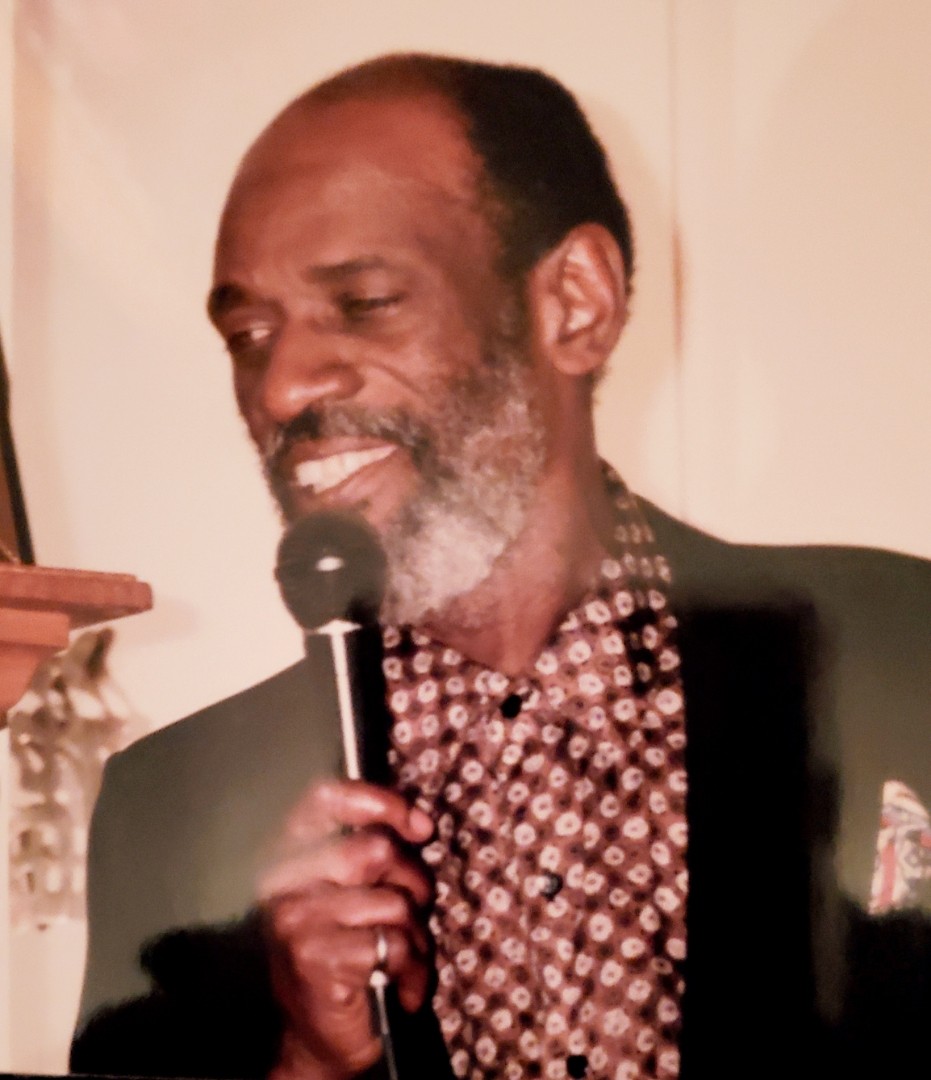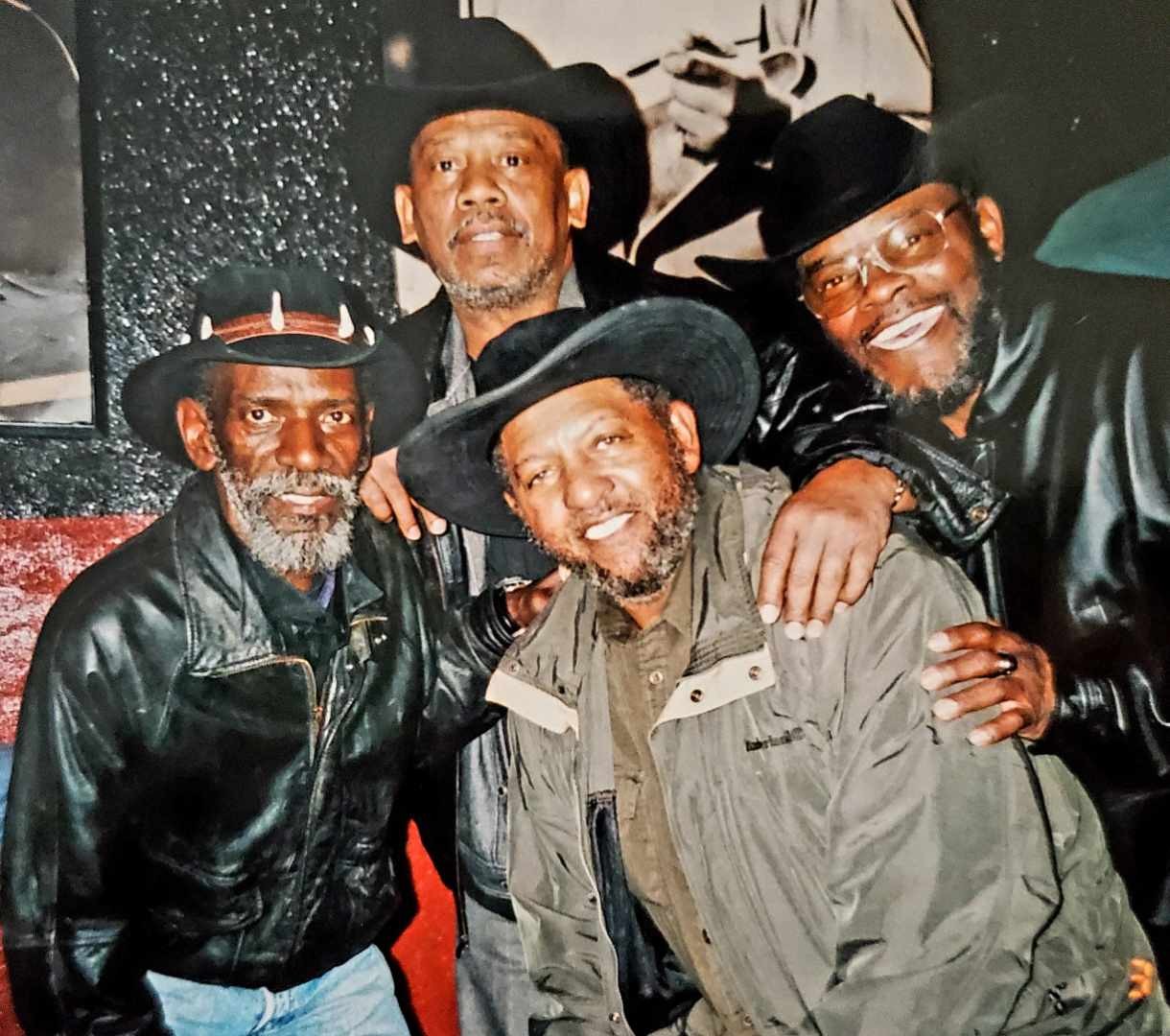 courtesy Harold Thomas
courtesy Harold Thomas
David ‘Cowboy’ Sanders
When the Masqueraders, a vocal group that has worked in Memphis since the 1960s, had their latest moment in the spotlight, on the television program America’s Got Talent (AGT) in 2016, they did it as a trio: Sam Hutchins, Harold Thomas, and Robert “Tex” Wrightsil. But for most of the group’s tenure, they had been a quartet. Their baritone/bass singer, David “Cowboy” Sanders, had moved back to Dallas, where the group started over 60 years ago, due to his declining health.
“We wished he could have been there. With his voice, that would have been awesome,” says Harold Thomas.
Sadly, those health problems culminated in Sanders’ death last Friday, August 14th. His funeral will be today at 11 a.m. at the Eternal Rest Funeral Home in DeSoto, Texas.
For Sanders, it ended where it all began. The group left Dallas for Detroit in the mid-’60s and recorded for La Beat records. Later in that decade, they set up shop at American Sound Studios where they penned much of their own material, including their biggest hit, “I Ain’t Got to Love Nobody Else,” in 1968. They can also be heard singing backup on Arthur Conley’s “Sweet Soul Music,” on Wilson Pickett’s “I’m in Love,” and on several tracks from the Box Tops’ album, Cry Like a Baby.
 courtesy Harold Thomas
courtesy Harold Thomas
The Masqueraders
Their last hurrah, prior to their AGT performances, was on Isaac Hayes’ Hot Buttered Soul label, but that imprint went under soon after. Their final album on Bang Records in 1980 failed to chart, so the Masqueraders went back to their day jobs. They did the occasional recording session in the ’90s, and began to sing on Beale Street regularly by the early 2000s.
That was when they noticed a change in Sanders. “We didn’t know why he was shaking at the time,” says Thomas, “but there was a doctor there at Blues City Cafe one night when we were playing. Maybe 15 years ago. And when we came off stage he said, ‘Man, I know what’s wrong with your buddy. He’s got Parkinson’s. And it’s gonna get worse. Take my card and give my office a call and I’ll help him.’
“And he did that. He got David set up and gave him some medicine, and he was doing pretty good for a while. Anyway, we stayed on until 2010, and David started getting worse, so he went home to Dallas to stay with his family for a while. They wanted him to come home anyway. Then he ended up in a nursing home, and he was in that nursing home about seven, eight years.”
Thomas, who arrived in Dallas yesterday with the remaining Masqueraders, last saw Sanders in February. “He was kinda weak. You could hardly hear him. I knew he wanted to sing. Me and Tex went down to see him and we started singing a song, and he wanted to sing with us. But he was too weak. I think what hurt him the most was that he couldn’t sing anymore. That just blew him away.”